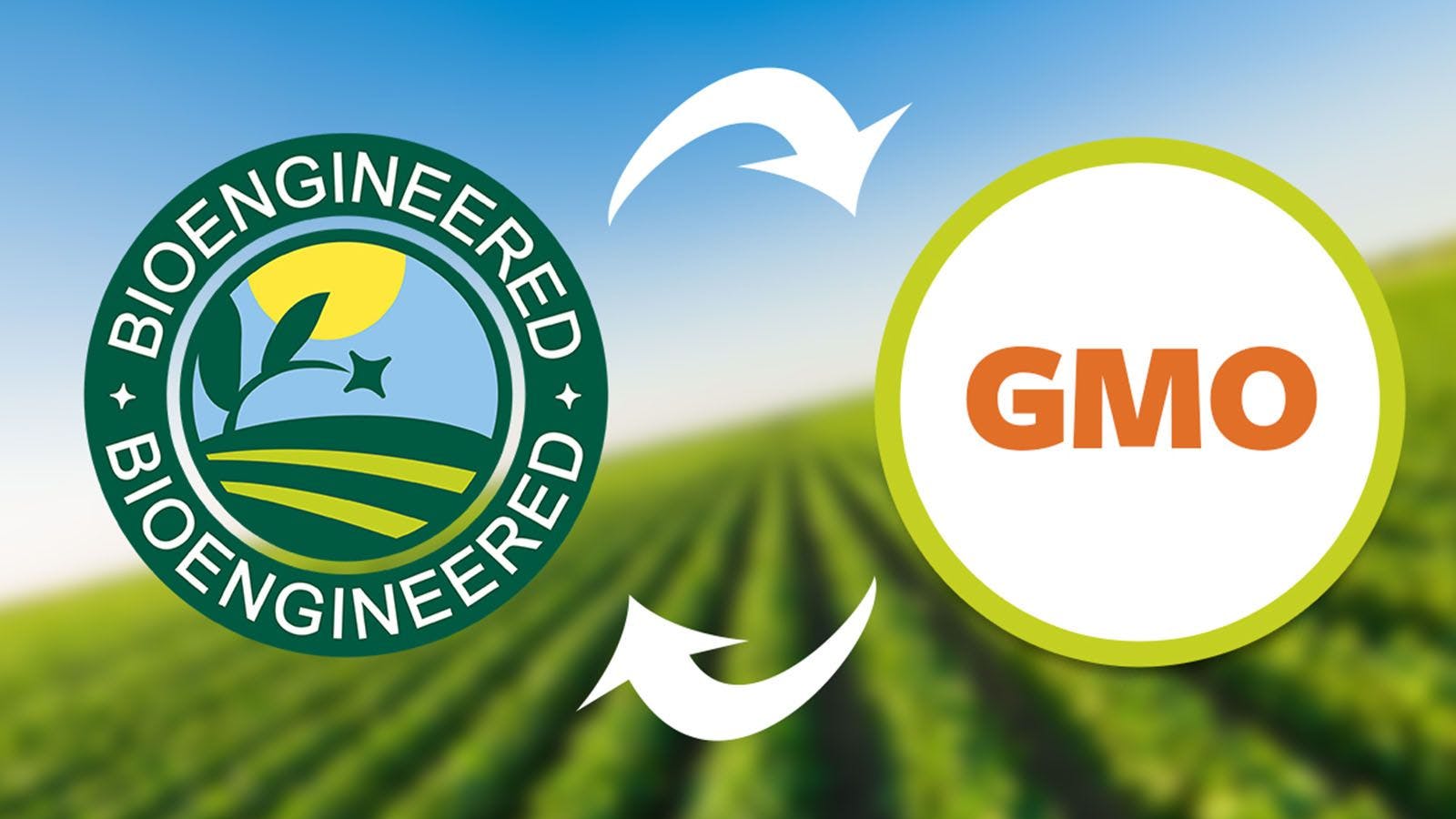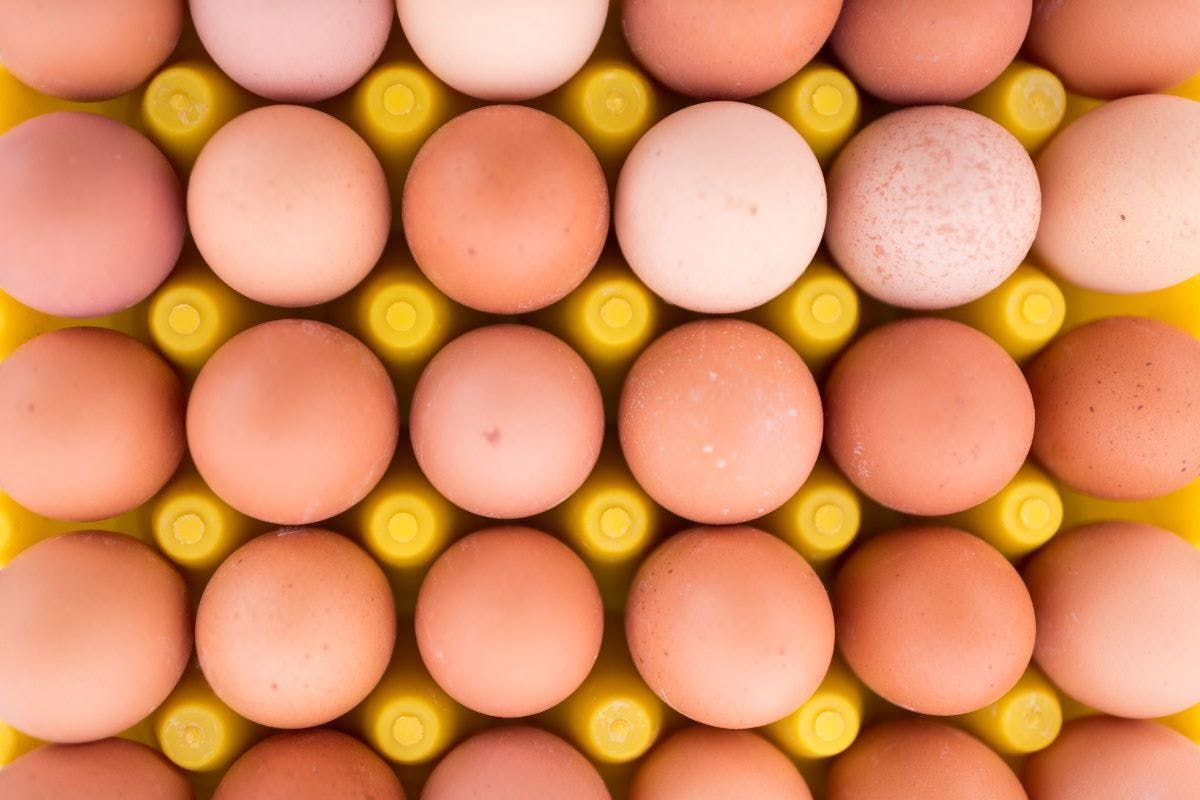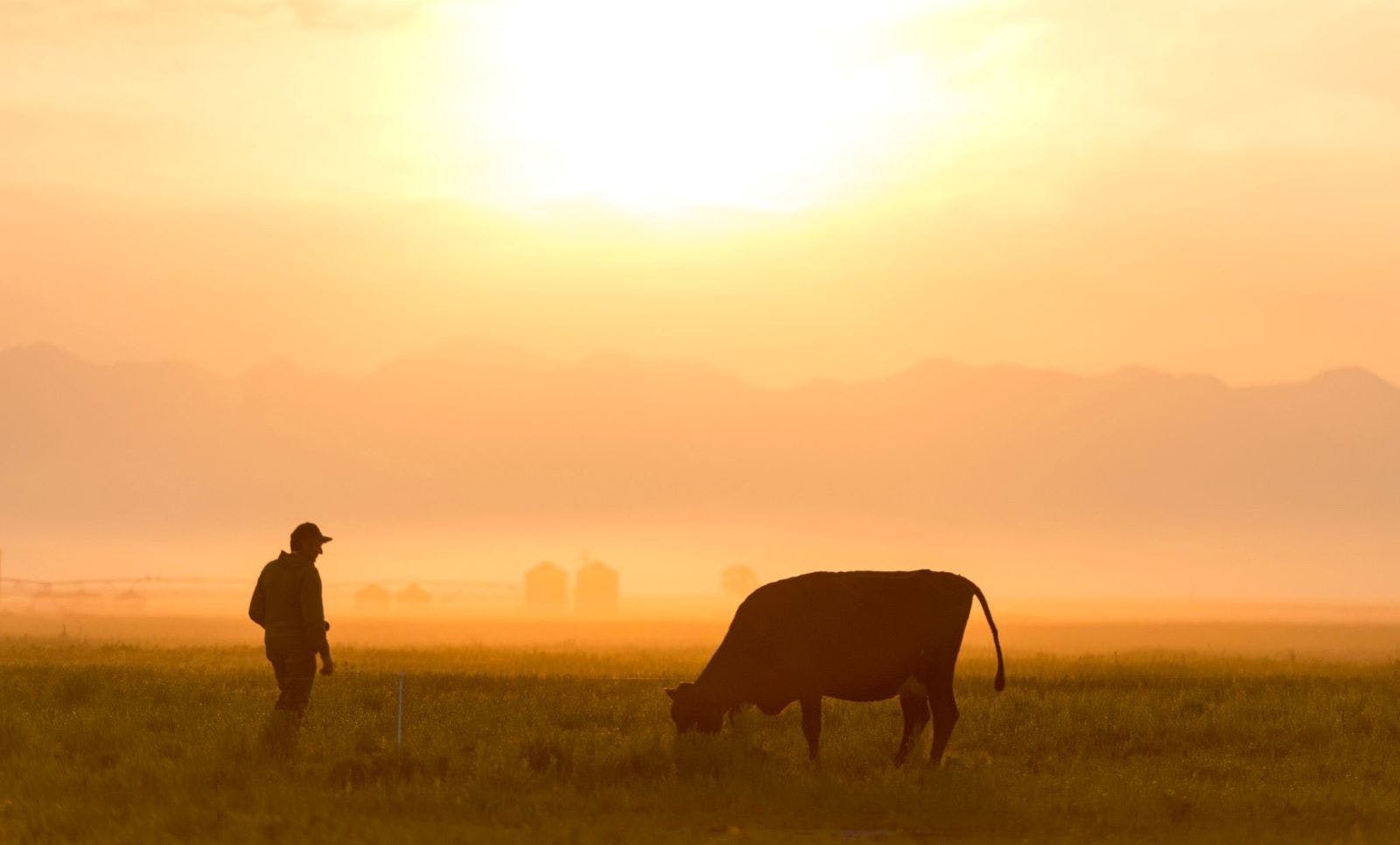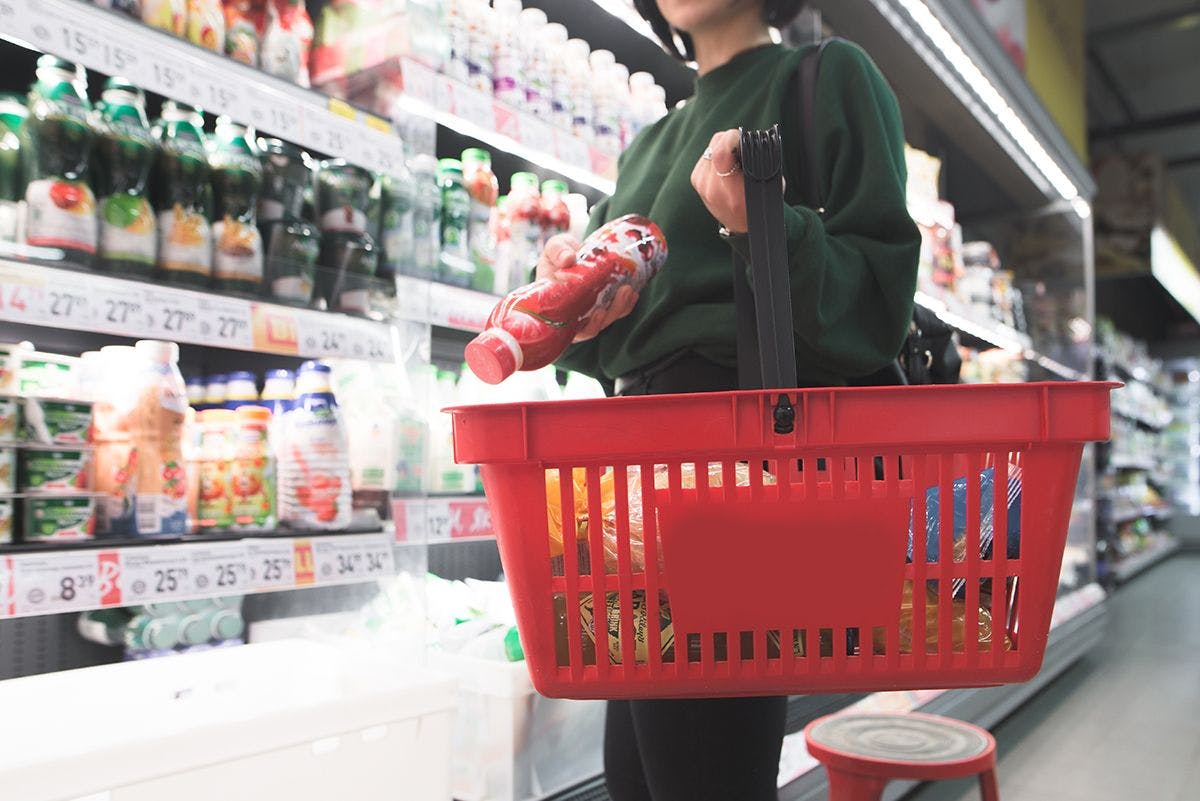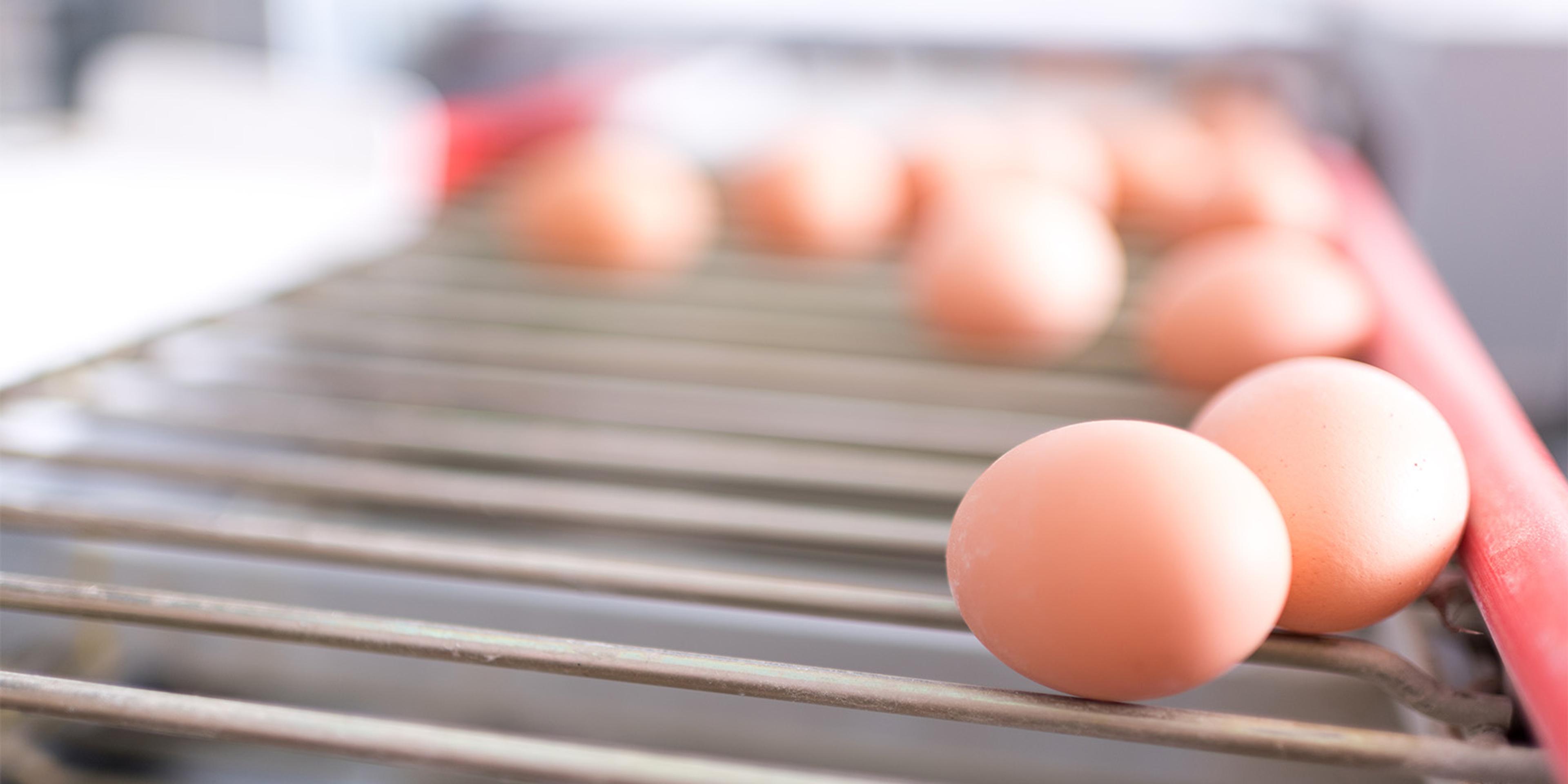
Food
What You Should Know About Soaring Egg Prices
Egg prices are in the news and hitting budgets hard. Two main factors led to higher egg prices, but there may be a bit of relief coming for egg-lovers.
In the year through November, not adjusted for seasonal swings, egg prices jumped 49%, according to the Bureau of Labor Statistics. If you’ve checked the grocery store shelf, the price of a dozen eggs varies immensely but you may see prices closing in on $10 for a dozen conventional eggs. You can also find organic eggs at a lower price point than conventional eggs.
Why Is the Cost of Eggs So High?
Increases in the price of eggs are due to higher-priced chicken feed and other inflationary pressures compounded with a national bird flu outbreak.
The bird flu, otherwise known as avian influenza, is a rapidly spreading virus that has affected millions of chickens across the country and reduced poultry flocks. Avian (bird) influenza (flu) viruses naturally spread among wild birds and can infect domestic poultry and other birds and animals. Bird flu viruses do not normally infect humans.
About 13% of laying flocks were killed in 2022 because of the virus — that’s 43 million laying hens, making the egg supply chain even tighter and leading to higher egg prices.
Chicken farms across the country have been impacted. Organic Valley farmers have always taken care to keep their birds secure and have upped measures to keep this virus at bay.
While Organic Valley hens are Free to Forage™ outdoors, we take proactive steps to protect our flocks, including increasing biosecurity and keeping hens inside when the situation calls for it.
“We feel having birds outside makes them healthier, but they are not bulletproof,” said Dr. Guy Jodarski, Organic Valley staff veterinarian.
Organic Valley hens are never caged, and Organic Valley chickens have access to organic pastures where they spend time roaming, pecking at bugs, and taking dust baths. Keeping hens indoors 24/7 is the exception in the rare case where there is a high-risk situation where the health and safety of a flock are compromised by outside variables such as the bird flu or other outbreaks.
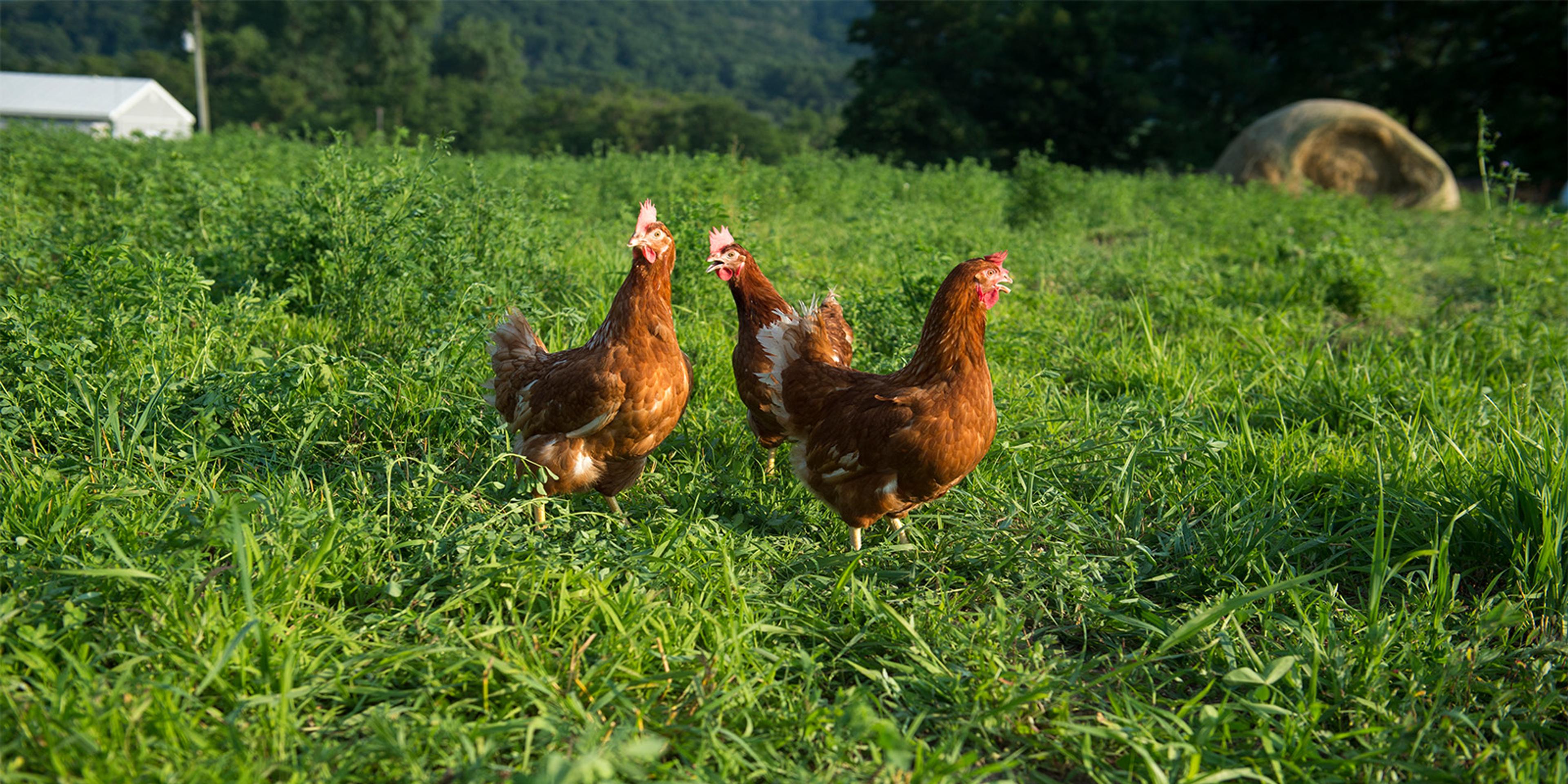
Hens on organic pasture.
Egg Farmers Taking Preventive Measures
Organic Valley staff veterinarians are regularly checking in with egg producers and are often in touch with organic certifiers and state officials about the disease. We want farmers to have as much information as possible to drive decisions.
“Our egg farmers are really in tune, careful and taking precautions,” Jodarski said. We at Organic Valley love to show off our farms, but farm tours are on hold. Truck drivers who come to the farms to pick up eggs are instructed to move about the farm as little as possible. Farmers are limiting access to people visiting the farms, and every person who does come on a farm is expected to wear clean boots before entering any “chicken housing” areas.
Organic Valley farms are overflowing with biodiversity, and waterfowl regularly visit some farms that have ponds. Wild birds can be carriers of the bird flu, and farmers are being cautious. They do not feed chickens outdoors, to keep ducks and geese that flock to their ponds away from the hens. Chickens are not allowed to drink surface water that has been visited by waterfowl.
Since early 2022, nearly 58 million birds across the country have been infected by avian influenza, the CDC reports. Bird flu outbreaks have been identified in poultry, including commercial and backyard flocks. Millions of birds have died or were culled (killed) in an attempt to stop the virus from spreading.
The good news is that organic practices are restorative. Nature has its defenses beginning with the soil, plants and animals — the entire system works together.
"Nature itself can heal if we are not too heavy-handed. Organic systems heal faster; they detoxify quicker because it’s a more vibrant system. The hope is by nurturing things and letting them heal, this will pass. "
- Dr. Guy Jodarski , Organic Valley veterinarian
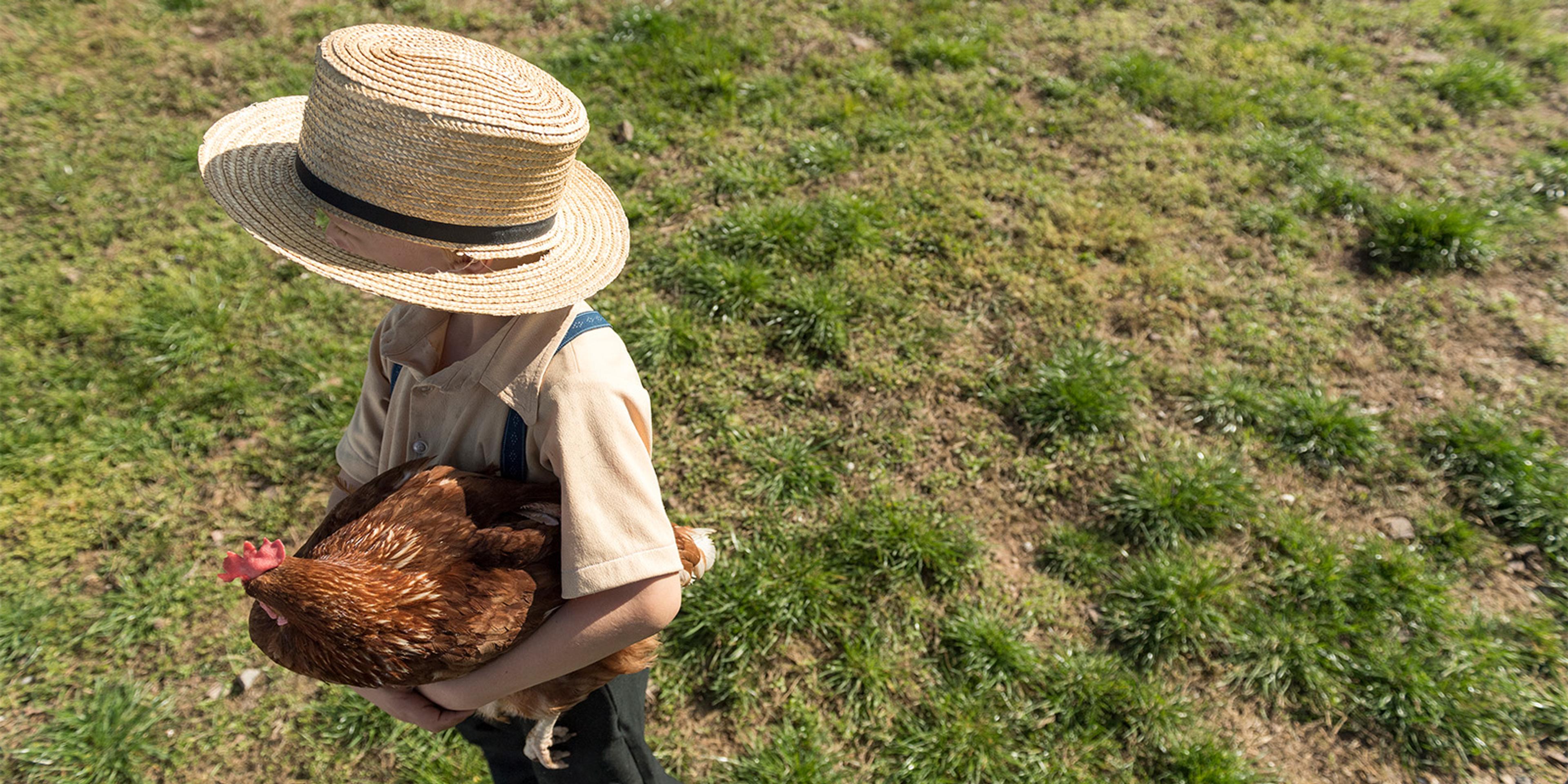
The Glick farm in Pennsylvania.
Chicken Feed Inflation
Another significant reason for skyrocketing egg prices is the cost of feeding chickens. While Organic Valley chickens love to spend time outdoors finding insects to munch on, a key piece of the wider agricultural sector’s chicken rations is the soybean meal for egg production.
Organic soybean prices increased steadily over the past 18 months. Two significant issues are pushing the increase in prices for soybean meal (chicken feed): shipping costs and global conflict, said Ben Witucki, Organic Valley feed program manager.
Most of the grain produced in the Black Sea region is shipped through ports in Ukraine, and the conflict between Russia and Ukraine has upended global grain trade.
Another factor is the U.S. Department of Agriculture’s increased enforcement of organic integrity and organic trade disputes with India on the importation of organic soybean and soybean meal. India is the largest exporter of organic soybean meal in the world. While many Organic Valley farmers purchase soybean meal locally or grow their own, other farmers are feeling the pinch.
Along with global shipping costs increasing, domestic trucking costs remain high.
There is positive news on the organic feed side. There has been a slight decrease in the cost of organic inputs and a $300 million multi-agency USDA effort is expected to bring beneficial outcomes, too. Among its goals, the Organic Transition Initiative will provide a support system for farmers transitioning to organic. This is expected to increase organic acres and, thus, the amount of organic feedstuff produced domestically.
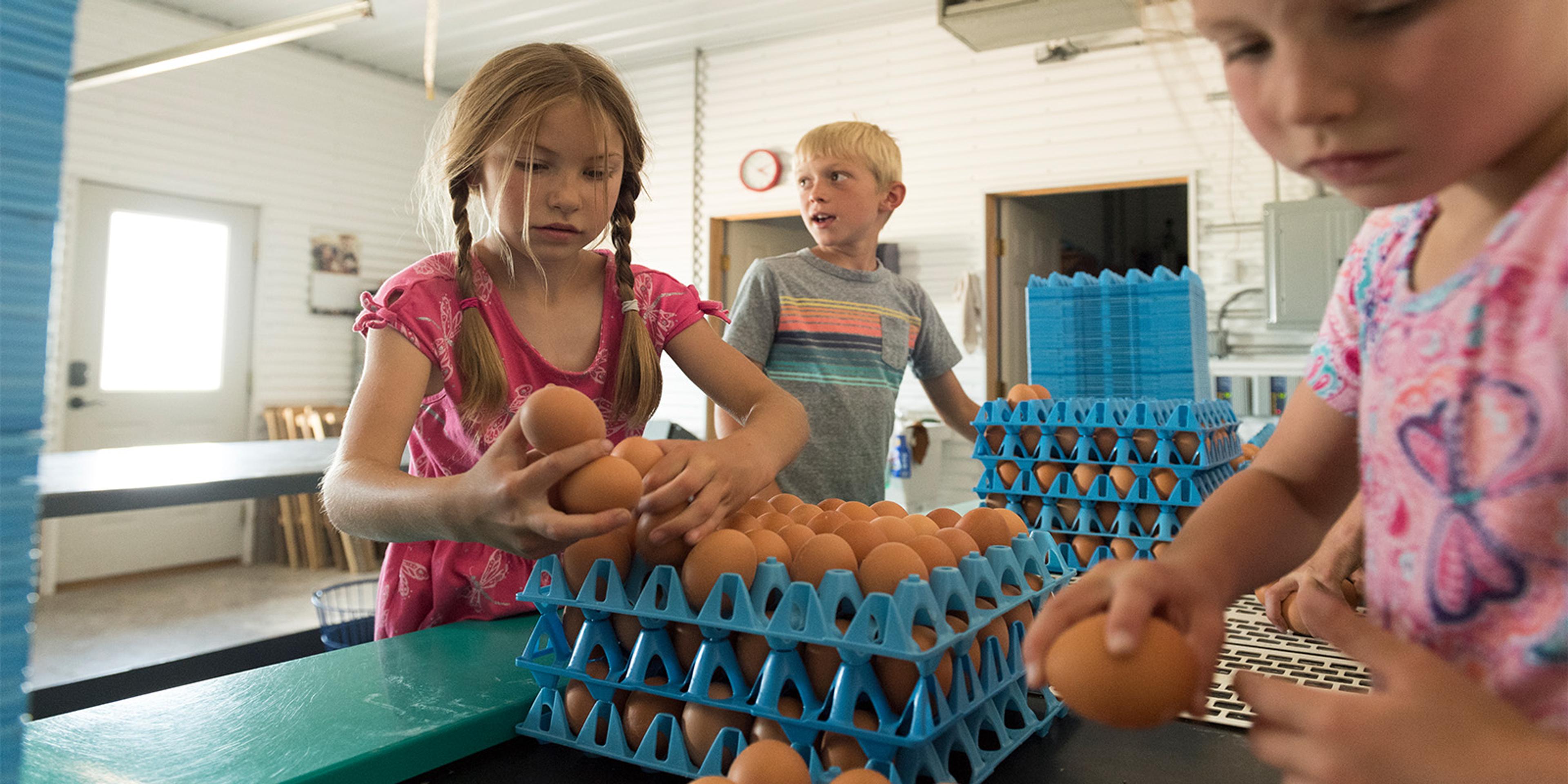
Yost family members put eggs in crates on their Organic Valley farm in Colorado.
Will Egg Costs Come Down?
The USDA also reports positive news about egg prices and inventory. During the last week of 2022, egg inventory started to rise and egg prices fell. Going forward, wholesale prices are expected to decrease as the industry moves past the holiday season and continues rebuilding its egg-laying flocks, according to the USDA.
Why would a cooperative that sells eggs share a story about the rise in egg prices? We want to be transparent and keep you informed about topics that impact the organic industry and food you know and love.
The bird flu and costs of raising chickens do lead to price increases but in general, raising chickens in harmony with nature does cost farmers money. The cost of organic feed, infrastructure, chicken bedding, feeders and waterers all add up. The perfect storm of feed prices and uncontrollable factors such as bird flu is not making it easier.
Organic Valley farmers are not rejoicing about the egg prices. We believe in the power of organic and want families to have access to this nutritious, high-protein food.
An antique typewriter fanatic and chicken mom who treasures time outdoors admiring all that nature has to offer, Jennifer McBride is Rootstock’s editor. McBride spent 15-plus years as a journalist and newspaper editor before finding her niche with the nation’s leading organic dairy cooperative. Contact her at Rootstock@organicvalley.com.
Related Articles
- Tags:
- organic news














